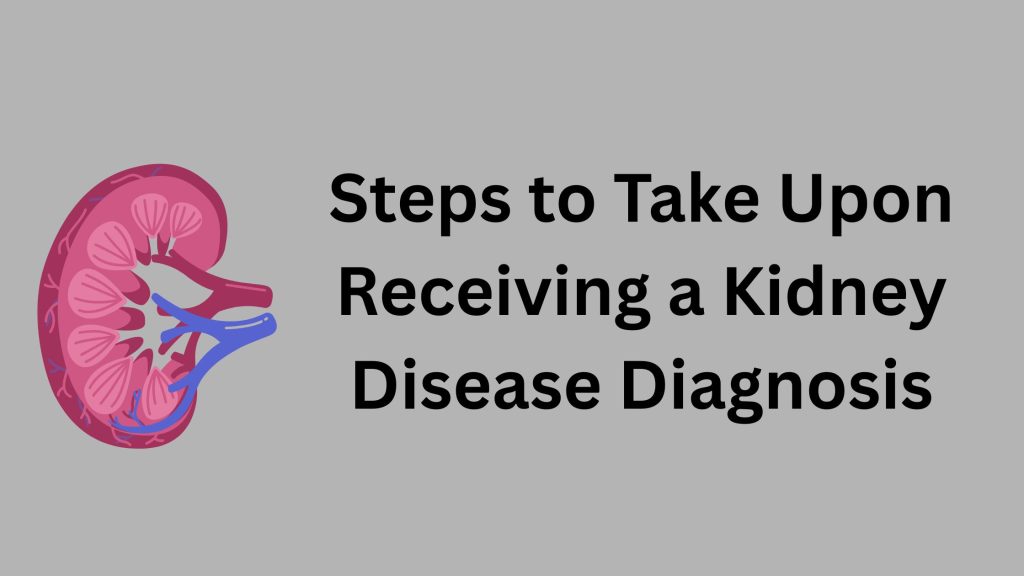
A kidney disease diagnosis can be overwhelming, but taking proactive steps can help you manage your condition effectively and maintain a good quality of life. Here’s what you need to do:
1. Understand Your Diagnosis
Your doctor will explain the type and stage of kidney disease you have. Chronic Kidney Disease (CKD) progresses through five stages, with stage 5 indicating kidney failure. Ask the best nefrologist in Raipur about your kidney function (measured by eGFR) and whether any underlying conditions, such as diabetes or high blood pressure, are contributing to it.
2. Adopt a Kidney-Friendly Diet
Your kidneys work to extract waste substances and extra fluids from circulating blood. To reduce their workload, follow a diet low in sodium, phosphorus, and potassium. Limit processed foods, red meat, and dairy while increasing your intake of fresh vegetables, lean proteins, and whole grains. Consulting the kidney specialist in Raipur Cg can help you create a personalized meal plan.
3. Manage Underlying Conditions
If you have diabetes or hypertension, keeping them under control is crucial. Monitor your blood sugar levels, take prescribed medications, and follow a heart-healthy lifestyle to prevent further kidney damage.
4. Stay Hydrated and Active
Drink enough water to support kidney function but avoid overhydration. Engage in regular physical activity like walking or yoga to improve circulation and overall well-being.
5. Follow Your Treatment Plan
Your doctor may prescribe medications to manage symptoms, prevent complications, or slow the disease’s progression. Routine check-ups, blood tests, and urine tests will help monitor your kidney function.
6. Prepare for Advanced Care Options
If your kidney function declines significantly, discuss treatment options such as dialysis or a kidney transplant. Early preparation can improve outcomes and reduce stress.
A kidney disease diagnosis isn’t the end—it’s a signal to take charge of your health. By making informed lifestyle changes and working closely with your healthcare team, you can manage your condition and lead a fulfilling life.


Leave a Reply